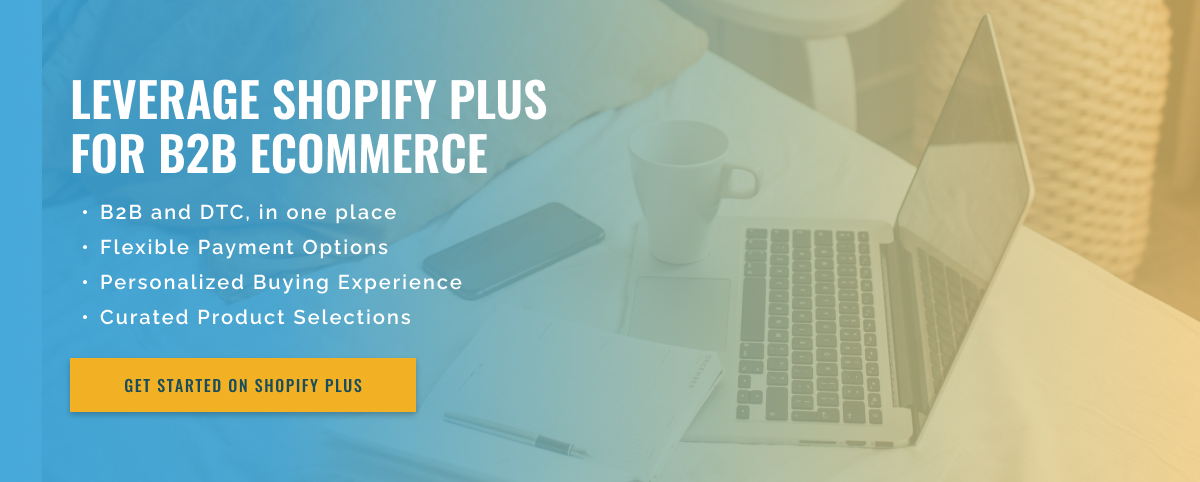3 minute read
Custom B2B Storefronts with Shopify’s Liquid Templating
Shopify has become one of the most popular eCommerce platforms for businesses of all sizes. With its user-friendly interface and a host of customizable features, it’s easier than ever for retailers to create an online store. But Shopify’s capabilities go beyond simply creating a traditional storefront. The Liquid templating language allows developers to create custom B2B stores that are specifically tailored for businesses.
What exactly is Liquid and how does it help developers create B2B storefronts?
Liquid is an open-source templating language developed by Shopify that allows developers to customize and design themes for Shopify stores. It is a powerful tool that allows developers to create dynamic, user-friendly, and responsive websites.
One of the main benefits of using Liquid for B2B stores is its flexibility. It gives developers full control over the design and functionality of the website, allowing the creation of a unique experience for B2B customers. Unlike traditional eCommerce websites, B2B stores often require complex pricing structures, personalized catalogs, and multiple payment options. Liquid allows developers to easily integrate all of these features and create a seamless and personalized experience for B2B customers.
Another benefit of using Liquid for B2B stores is its ability to handle large and complex data sets. B2B companies often deal with a large number of products and customers, and managing this data can be challenging. Liquid allows developers to efficiently organize this data and display it in-store, making it easier for customers to find and purchase products.
In addition, Liquid also allows developers to create a secure and password-protected storefront so that only authorized customers can access the B2B store. In addition to these benefits, Liquid is also compatible with a wide range of tools and integrations, making it easier for developers to create a seamless B2B shopping experience. You can integrate third-party apps and tools like email marketing, CRM, and accounting software to streamline the B2B purchasing process and improve efficiency.
To sum up, Shopify’s Liquid template language offers developers unlimited possibilities to create custom B2B storefronts. Its flexibility, ability to handle complex data, and compatibility with various tools and integrations make it the best choice for businesses looking to improve their B2B eCommerce capabilities. Given the rise of B2B eCommerce, it’s no surprise that more and more developers are turning to Shopify and the Liquid language to create innovative and personalized B2B stores.

